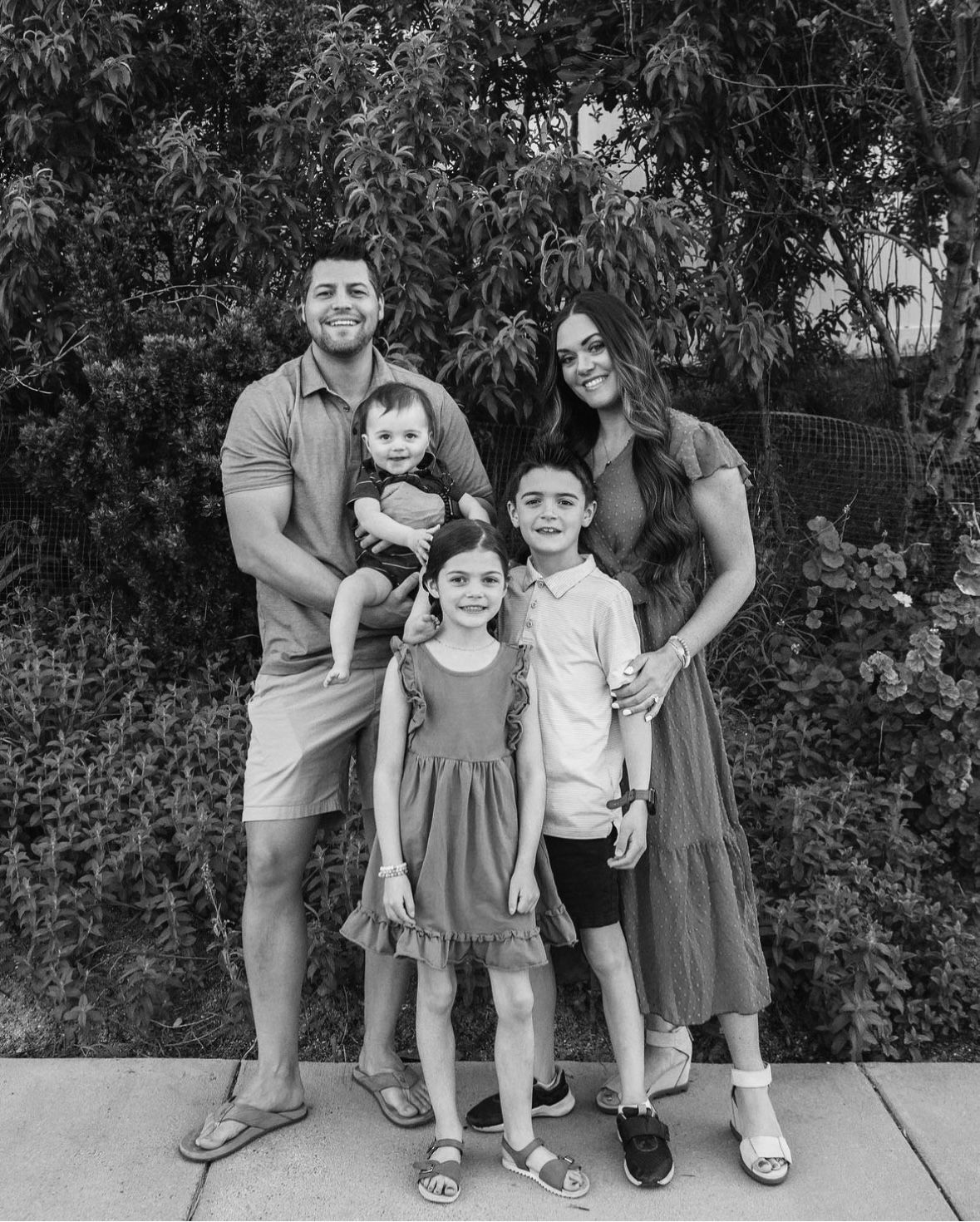Preston shares his story of overcoming addiction, coming back to God, and going on to run a treatment center based on gospel principals.
"It starts in the quiet moments. When you are in the quiet moments and you feel like something is missing.. and you start remembering what life was like when you had the spirit with you and you had that natural joy. I think the world is really good at distracting us, and we can stay busy most of the time if we really want to. But the things that are significant, the things that really help us align with our purpose & values, and bring us fulfillment, aren’t from this world."
"I asked God if he knew who I was and if he cared about me. I got on my knees to pray and I had this overwhelming feeling of a spiritual warm blanket, hugged me. I felt God’s love. After that experience, I felt different. I had hope again. I knew God really was there. It was life changing."


